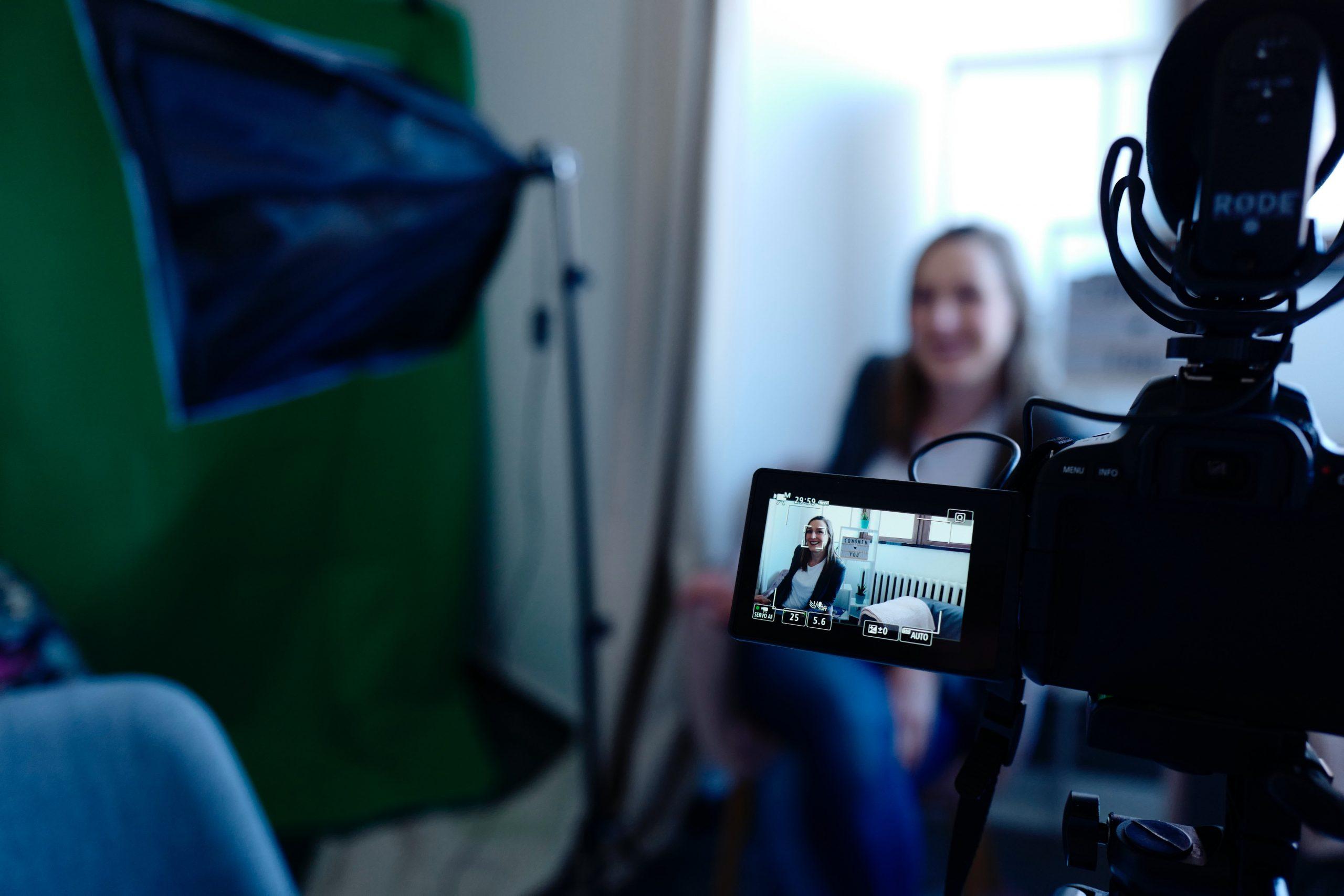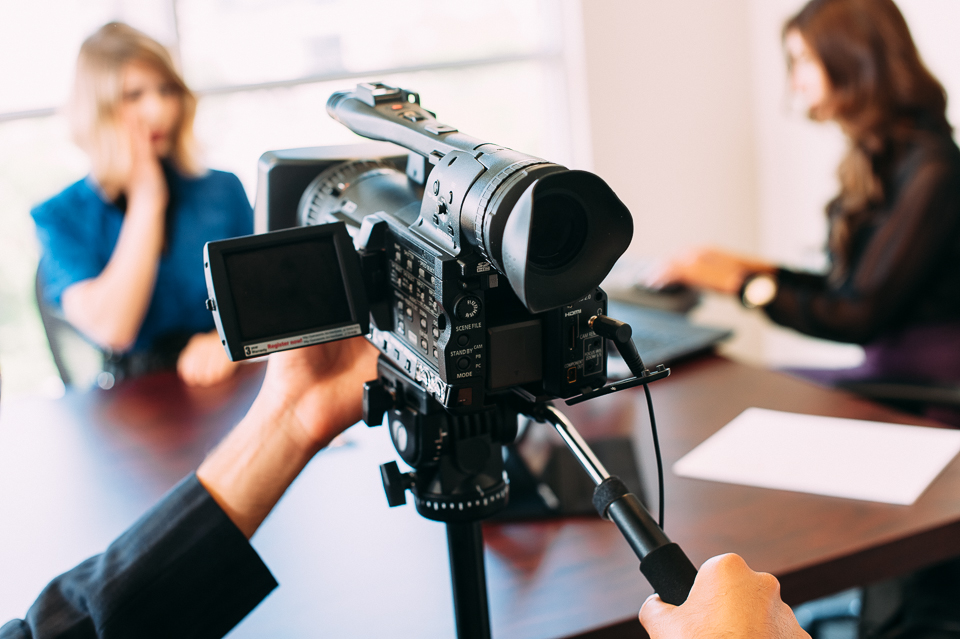The Role of Legal Videography in Depositions and Trials
Lawful videography has arised as a necessary tool in both depositions and tests, giving a diverse strategy to documenting witness testaments. As legal specialists increasingly acknowledge its worth, it triggers a deeper evaluation of just how these visual records can affect juror perceptions and trial end results.

Significance of Lawful Videography
Legal videography plays a critical duty in the paperwork and discussion of depositions and trials. This specific area combines technical abilities with legal expertise to produce a dependable record of procedures that can dramatically affect situation end results. The appearance of lawful videography improves the understanding of witness testimony, permitting jurors and judges to observe not only the spoken words yet likewise the disposition, feelings, and body movement of the witnesses.
In enhancement, lawful videography gives an unbiased account of events, reducing the possibility for misconception that can accompany created records alone. This visual documentation serves as an essential device throughout trial presentations, assisting in a more clear and more persuasive narrative for both plaintiffs and accuseds. The capacity to replay video segments throughout court procedures enables lawful teams to emphasize key factors, reinforcing their debates successfully.
The significance of lawful videography expands beyond the courtroom; it additionally plays an important duty in protecting evidence for future recommendation, whether for appeals or additional lawsuit. Because of this, its integration right into the lawful process is essential for making certain a fair and exact representation of the realities, eventually adding to the pursuit of justice.

Process of Legal Videography
While capturing the subtleties of depositions and trials, the process of lawful videography entails numerous crucial steps that guarantee premium, precise recordings. At first, a professional legal videographer prepares by evaluating the situation products and comprehending the details needs of the deposition or test. This preparation includes familiarizing themselves with the participants and the context, which aids in capturing important details.
On the day of the recording, the videographer sets up the required equipment, which normally consists of high-def cams, microphones, and appropriate illumination. Guaranteeing optimal angles and sound top quality is critical, as it straight impacts the effectiveness of the recording. The videographer connects with attorneys and individuals to develop protocols, making sure that everybody recognizes the recording procedure.
During the deposition or trial, the videographer diligently videotapes the procedures, paying attention to both verbal and non-verbal signs. This consists of recording the attitude and reactions of witnesses and lawyers. After the session ends, the videographer may modify the video footage for clearness and compliance with legal requirements, creating an end product that precisely shows the proceedings for future recommendation and use in legal contexts.
Benefits in Depositions
The unification of videography in depositions offers numerous advantages that improve the total process of gathering evidence. One key benefit is the ability to read this article capture witness testimonies with visual and auditory fidelity, giving a much more precise depiction of the witness's demeanor, tone, and body movement. This multidimensional technique permits lawyers and courts to examine trustworthiness better than standard written records alone.
Additionally, videographed depositions act as an effective device for preserving testament. Ought to a witness become not available for trial, their videotaped deposition can be played in court, ensuring that their evidence stays easily accessible and appropriate. This facet significantly minimizes the danger of shedding crucial info that can affect case results.

Last but not least, videography improves the overall professionalism and reliability of the deposition process, instilling self-confidence in customers relating to the thoroughness of their lawful depiction (legal videography). By leveraging innovation, lawyers can significantly improve the effectiveness of depositions
Influence on Trials
In many trials, the combination of videography can dramatically influence the presentation of proof and the court's assumption. Legal videography catches witness statements and crucial proof in a dynamic style, permitting jurors to engage with the product on several degrees. This aesthetic part improves the storytelling element of a test, providing context and psychological resonance that traditional text-based evidence might do not have.
In addition, video clip recordings can offer as effective tools for impeachment throughout cross-examination. When discrepancies arise in between a witness's prior declarations and their court room testament, video proof provides an unbiased reference that can sway jurors' point of views. This immediacy and clarity can strengthen the reliability of an event's story while simultaneously threatening opposing debates.

Future Trends in Legal Videography
As we look toward the future of lawful videography, a number of emerging patterns promise to improve its role within the court room. One substantial fad is the combination of man-made intelligence (AI) in video clip analysis and editing and enhancing. AI can simplify the process of determining essential minutes in videotaped depositions, permitting attorneys to promptly access relevant material, thus improving efficiency in instance prep work.
Additionally, the surge of virtual reality (VR) and increased fact (AR) innovations is anticipated to change just how jurors experience proof. legal videography. By submersing jurors in a simulated atmosphere, these innovations can offer a much more extensive understanding of intricate situations, leading to even more educated deliberations
Moreover, the increasing need for remote depositions, increased by the COVID-19 pandemic, will likely proceed. Lawful videographers will certainly require to adapt to brand-new software application and systems to make sure high-grade recordings in virtual setups.
Last but not least, the expanding emphasis on information protection will necessitate more stringent methods for storing and sharing video proof. As the legal landscape advances, lawful videographers should stay abreast of these patterns to preserve their relevance and performance in the judicial process.
Final Thought
In summary, lawful videography offers a critical function in the judicial Continued process, enhancing the honesty of depositions and tests. By catching the nuances of witness testaments, this medium not only preserves essential evidence yet additionally aids in offering details successfully to jurors. The value of visual paperwork in examining reliability and promoting cross-examination can not be overemphasized. As innovation remains to develop, lawful videography is poised to further change its role within the lawful landscape.